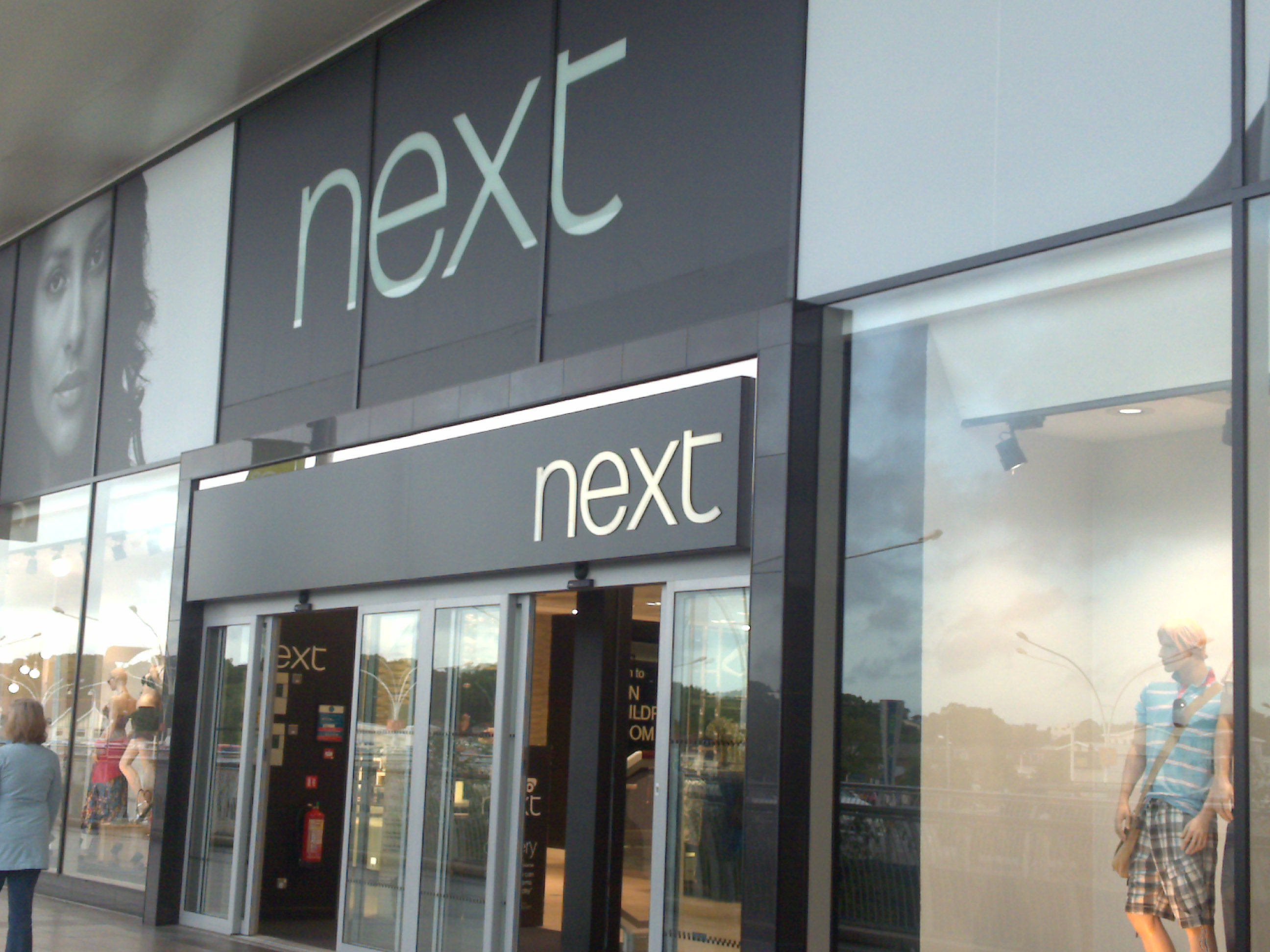 The economic climate remains uncertain and, as we enter 2017, we look towards a new President in the USA, challenging negotiations in the EU and continuing troubles for High Street stores. One such example is Next, a High Street retailer that has recently seen a significant fall in share price.
The economic climate remains uncertain and, as we enter 2017, we look towards a new President in the USA, challenging negotiations in the EU and continuing troubles for High Street stores. One such example is Next, a High Street retailer that has recently seen a significant fall in share price.
Prices of clothing and footwear increased in December for the first time in two years, according to the British Retail Consortium, and Next is just one company that will suffer from these pressures. This retail chain is well established, with over 500 stores in the UK and Eire. It has embraced the internet, launching its online shopping in 1999 and it trades with customers in over 70 countries. However, despite all of the positive actions, Next has seen its share price fall by nearly 12% and is forecasting profits in 2017 to be hit, with a lack of growth in earnings reducing consumer spending and thus hitting sales.
The sales trends for Next are reminiscent of many other stores, with in-store sales falling and online sales rising. In the days leading up to Christmas, in-store sales fell by 3.5%, while online sales increased by over 5%. However, this is not the only trend that this latest data suggests. It also indicates that consumer spending on clothing and footwear is falling, with consumers instead spending more money on technology and other forms of entertainment. Kirsty McGregor from Drapers magazine said:
“I think what we’re seeing there is an underlying move away from spending so much money on clothing and footwear. People seem to be spending more money on going out and on technology, things like that.”
Furthermore, with price inflation expected to rise in 2017, and possibly above wage inflation, spending power is likely to be hit and it is spending on those more luxury items that will be cut. With Next’s share price falling, the retail sector overall was also hit, with other companies seeing their share prices fall as well, although some, such as B&M, bucked the trend. However, the problems facing Next are similar to those facing other stores.
But for Next there is more bad news. It appears that the retail chain has simply been underperforming for some time. We have seen other stores facing similar issues, such as BHS and Marks & Spencer. Neil Wilson from ETX Capital said:
“The simple problem is that Next is underperforming the market … UK retail sales have held up in the months following the Brexit vote but Next has suffered. It’s been suffering for a while and needs a turnaround plan … The brand is struggling for relevancy, and risks going the way of Marks & Spencer on the clothing front, appealing to an ever-narrower customer base.”
Brand identity and targeting customers are becoming ever more important in a highly competitive High Street that is facing growing competition from online traders. Next is not the first company to suffer from this and will certainly not be the last as we enter what many see as one of the most economically uncertain years since the financial crisis.
Next’s gloomy 2017 forecast drags down fashion retail shares The Guardian, Sarah Butler and Julia Kollewe (4/1/17)
Next shares plummet after ‘difficult’ Christmas trading The Telegraph, Sam Dean (4/1/17)
Next warns 2017 profits could fall up to 14% as costs grow Sky News, James Sillars (4/1/17)
Next warns on outlook as sales fall BBC News (4/1/17)
Next chills clothing sector with cut to profit forecast Reuters, James Davey (4/1/17)
Next shares drop after warning of difficult winter Financial Times, Mark Vandevelde (22/10/15)
Questions
- With Next’s warning of a difficult winter, its share price fell. Using a diagram, explain why this happened.
- Why have shares in other retail companies also been affected following Next’s report on its profit forecast for 2017?
- Which factors have adversely affected Next’s performance over the past year? Are they the same as the factors that have affected Marks & Spencer?
- Next has seen a fall in profits. What is likely to have caused this?
- How competitive is the UK High Street? What type of market structure would you say that it fits into?
- With rising inflation expected, what will this mean for consumer spending? How might this affect economic growth?
- One of the factors affecting Next is higher import prices. Why have import prices increased and what will this mean for consumer spending and sales?